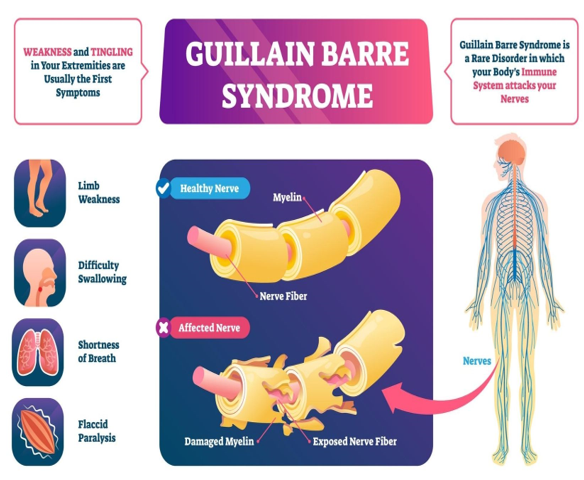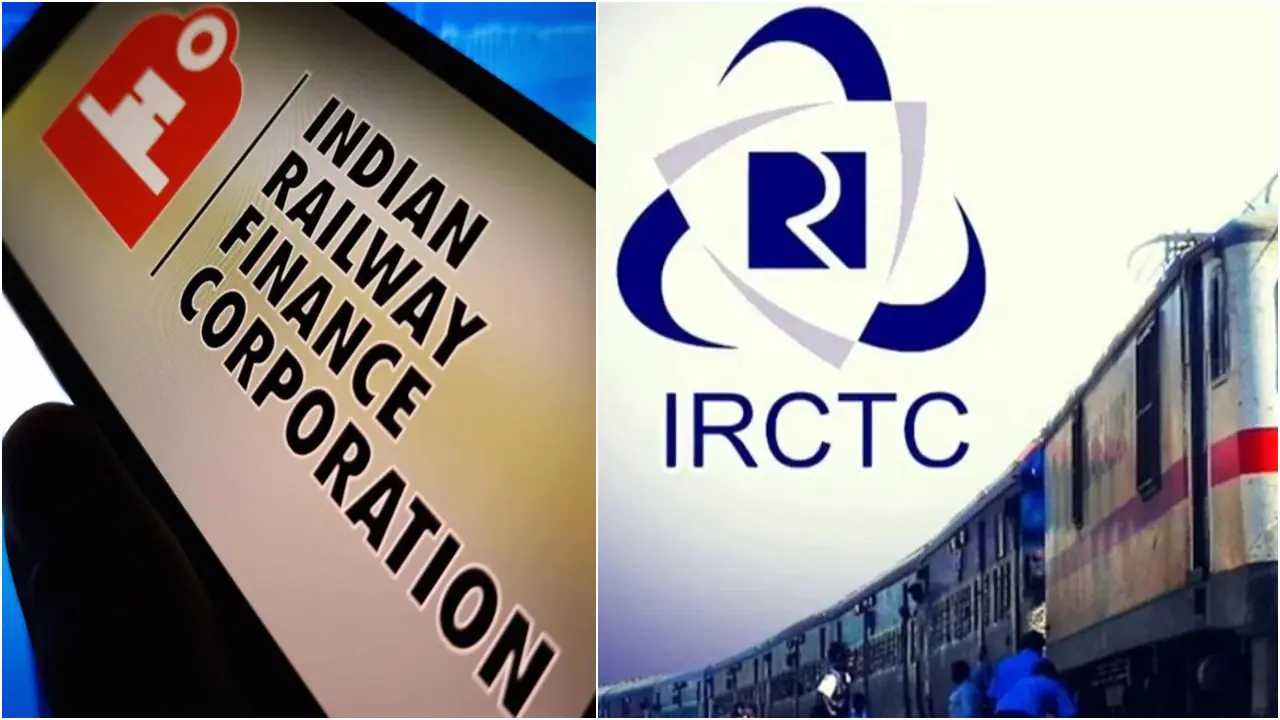- Courses
- GS Full Course 1 Year
- GS Full Course 2 Year
- GS Full Course 3 Year
- GS Full Course Till Selection
- CSAT
- 5 LAYERED ARJUNA Mentorship
- Public Administration Optional
- Online Program
- GS Recorded Course
- NCERT Batch
- Polity Module Course
- Geography Module Course
- Economy Module Course
- AMAC Module Course
- Modern India, Post Independence & World History Module Course
- Environment Module Course
- Governance Module Course
- Science & Tech. Module Course
- International Relations and Internal Security Module Course
- Disaster Management Module Course
- Ethics Module Course
- Essay Module Course
- Current Affairs Module Course
- ABOUT US
- OUR TOPPERS
- TEST SERIES
- FREE STUDY MATERIAL
- VIDEOS
- CONTACT US
Guillain-Barre Syndrome
Guillain-Barre Syndrome
13-07-2023
-1690190968435.png)
Latest Context:
Recently, the Government in Peru declared a 90-day national health emergency in response to a recent increase in Guillain-Barre Syndrome (GBS) cases, raising concerns about the potential connection between GBS and the Covid-19.
About the Guillain-Barre Syndrome (GBS)
- It’s a rare and serious neurological disorder (related to nervous system).
- It is named after French physicians Georges Guillain and Jean Alexandre Barre, who first described the condition in 1916.
- Basically, the GBS is an autoimmune disorder, which means the body's immune system mistakenly attacks its own peripheral nervous system.
- The peripheral nervous system consists of the nerves outside the brain and spinal cord and is responsible for transmitting signals from the brain to the muscles and other organs.
- In GBS, the immune system attacks the protective covering of nerves or the nerves themselves, causing inflammation and damage. This damage disrupts the transmission of signals and leads to various neurological symptoms.
- The exact cause of Guillain-Barre Syndrome is not fully understood, but it is often preceded by an infection or illness and this leads the immune system to attack the body itself.
- Many GBS cases have been found in both adults and children with Covid-19. Also, there have been concerns about cases of GBS after taking Covid-19 vaccines.

Symptoms of Guillain-Barre Syndrome are:
- Muscle weakness: This usually starts in the legs and may spread to the arms and upper body. The weakness can progress rapidly and can sometimes lead to paralysis.
- Sensory problems: Patients may experience tingling sensations, numbness, or pain in the affected areas.
- Coordination issues: GBS can affect coordination and balance, leading to difficulties in walking or moving.
- Breathing difficulties: Severe cases of GBS can affect the muscles involved in breathing.
- Autonomic dysfunction: In some cases, GBS can affect the autonomic nervous system, leading to problems with blood pressure, heart rate, and other involuntary functions.
Diagnosis and Treatment:
- Diagnosing Guillain-Barre Syndrome often involves a combination of clinical evaluation and neurological examination.
- There is no specific cure for GBS, but the condition is treatable. The main approach to managing GBS is supportive care and treatment to minimize symptoms and complications. This can include intravenous immunoglobulin (IVIG) therapy, which provides the body with immune system proteins to reduce the immune attack on nerves, and plasmapheresis (a process that removes harmful antibodies from the blood).
- Most people with Guillain-Barre Syndrome experience a gradual recovery over weeks or months. Some individuals may have lingering weakness or neurological issues, and a small percentage may experience long-term disabilities.
- Rehabilitation and physical therapy are essential for recovery and regaining strength and function.
Must Check: IAS Coaching Centre In Delhi



